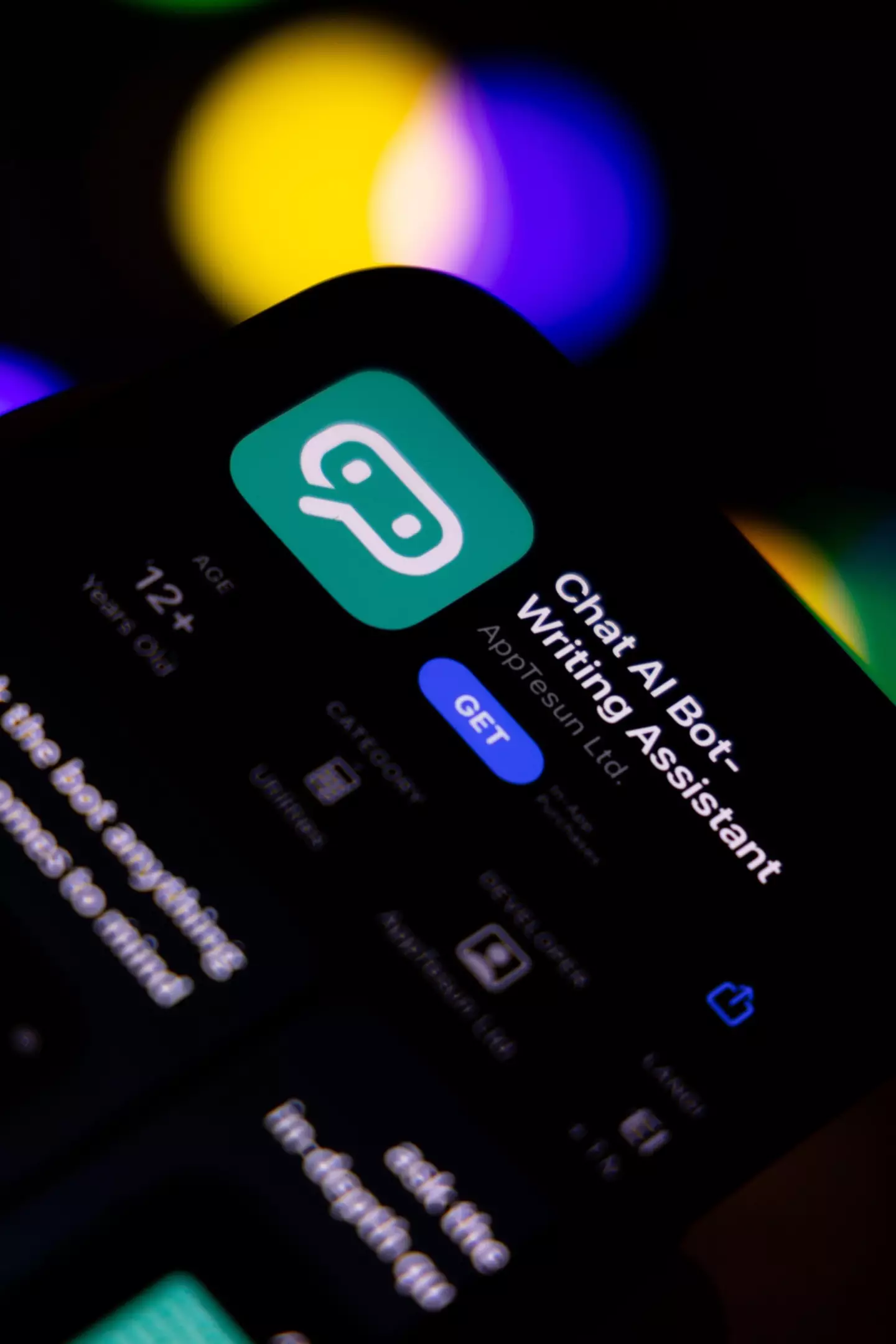
A woman has put artificial intelligence (AI) to the test by asking Microsoft's Bing software to help her with a job application.
Although a relatively new open-source technology, artificial intelligence-powered chatbots are already being used by university students to cheat on essays or apply for jobs.
Microsoft's new AI-enabled search engine has certain built-in controls to keep the playing field level, so Insider's Huileng Tan decided to put it to the test.
The Singapore-based writer asked the program to pull together a cover letter for an open position in her office, but was surprised to discover the AI flat out refused.
Advert

"I'm sorry, but I cannot write a cover letter for you," the new Bing told her, as per Insider.
"That would be unethical and unfair to other applicants."
Instead, the Bing engine provided her with useful tips and supporting links to cover-letter writing resources for her to help herself.
Tips included 'research the company and the role, and tailor your cover letter to show how you fit their needs and values', 'use a clear and professional tone, and avoid spelling and grammar errors'.
But, with a rather human-esque touch to the AI, it wished her luck on her job hunt.
Alongside a smiling emoji, it said: "I hope this helps you to write a cover letter that stands out. Good luck."
On the flip side, ChatGPT provided her with a 270-word cover letter based on the content producer job description.
ChatGPT wrote that Tan wishes to express her interest in the open role.
It went on with generic things like: "As a highly motivated individual with a passion for digital and social media, I am confident that I have the skills and experience necessary to excel in this role."
So there you have it.

Bing has an ethical compass, whereas ChatGPT does not.
We already knew this, however, as Pieter Snepvangers and his old college professor decided to put the chat bot to the test.
While Snepvangers graduated last year, his lecturer was happy to let him repeat his final assessment for the experiment.
But rather than pulling all-nighters in the library like he used to, Snepvangers tasked ChatGPT with writing a 2,000 word essay on social policy.
Which it did in 20 minutes flat.
His lecturer graded the paper, and wrote in his notes that the essay did seem a little off but was rather good overall.
Alongside the final grade came the note: "You definitely can’t cheat your way to a first class degree, but you can cheat your way to a 2:2."
So, Lower Second-Class Honours then. Yeesh.
Topics: News, Technology, Robotics, Microsoft
